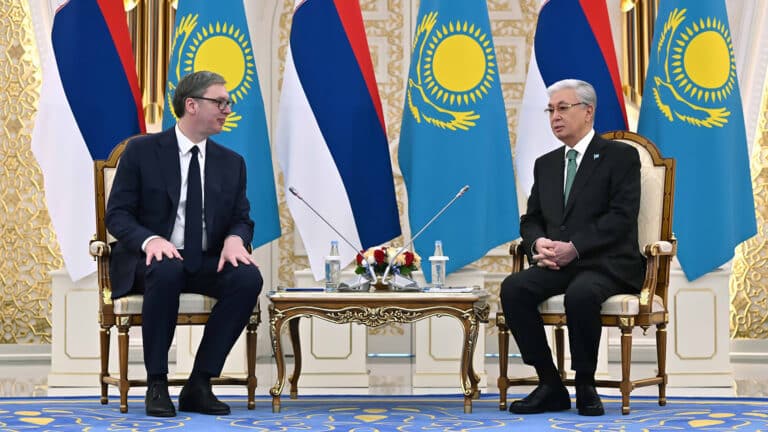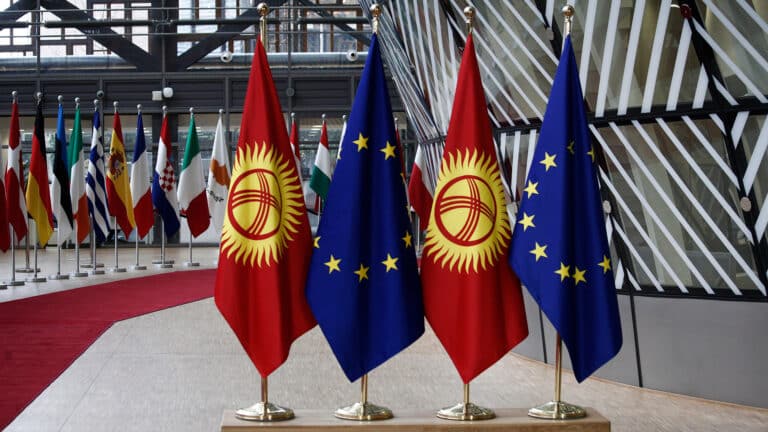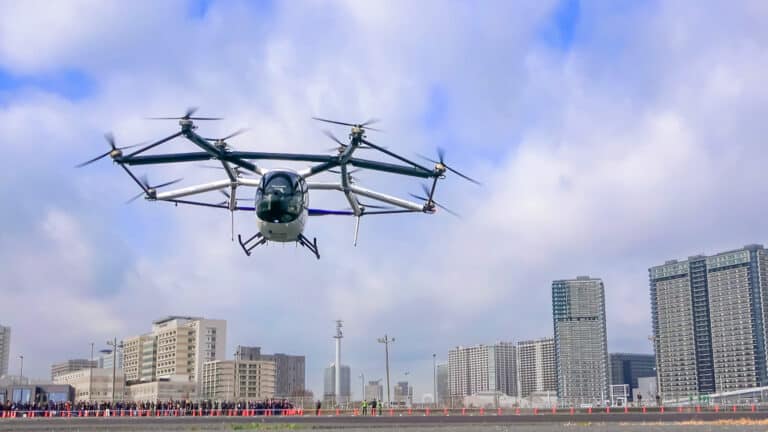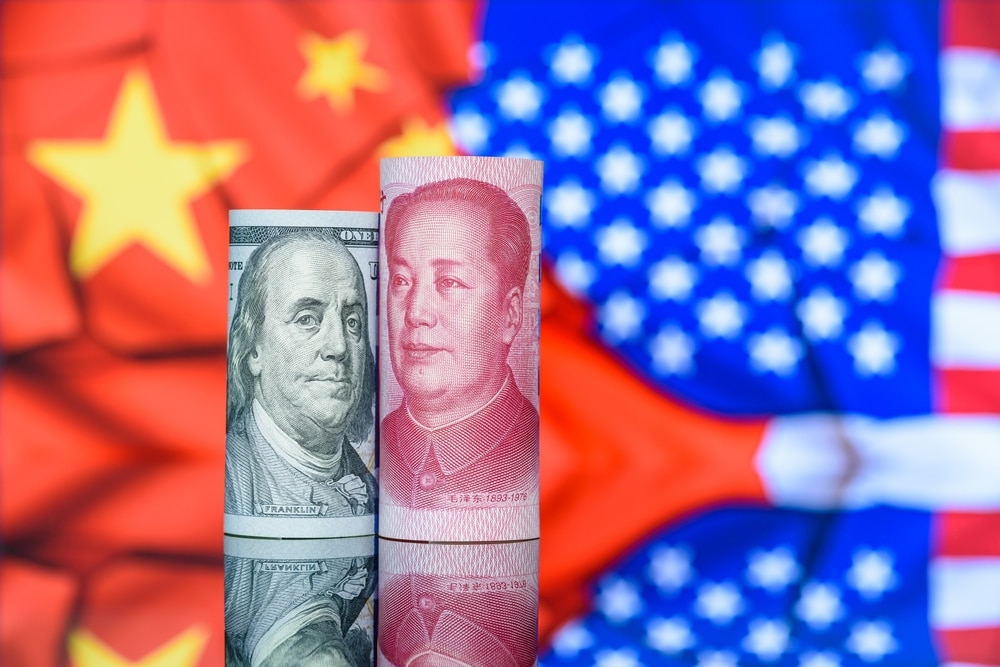
China is shifting toward a more assertive strategy with the U.S., blending offense and defense, according to Gu Qingyang, associate professor at the Lee Kuan Yew School of Public Policy.
Although both Beijing and Washington had shown signs of easing tensions in recent months, that optimism faded quickly after China’s Golden Week holiday. In the immediate aftermath, Beijing shifted its posture and rolled out a wave of countermeasures aimed squarely at the U.S.
The Ministry of Commerce placed several foreign companies tied to arms sales to Taiwan on its «unreliable entities list.» New export controls on rare earth elements and other key raw materials and new fees for U.S.-bound cargo and American-owned vessels followed.
Washington reacts with tariff threats
The U.S. response came swiftly. In reaction to Beijing’s measures, President Trump warned that he might cancel his upcoming meeting with Chinese President Xi Jinping and announced plans to impose an additional 100 percent tariff on Chinese imports next month.
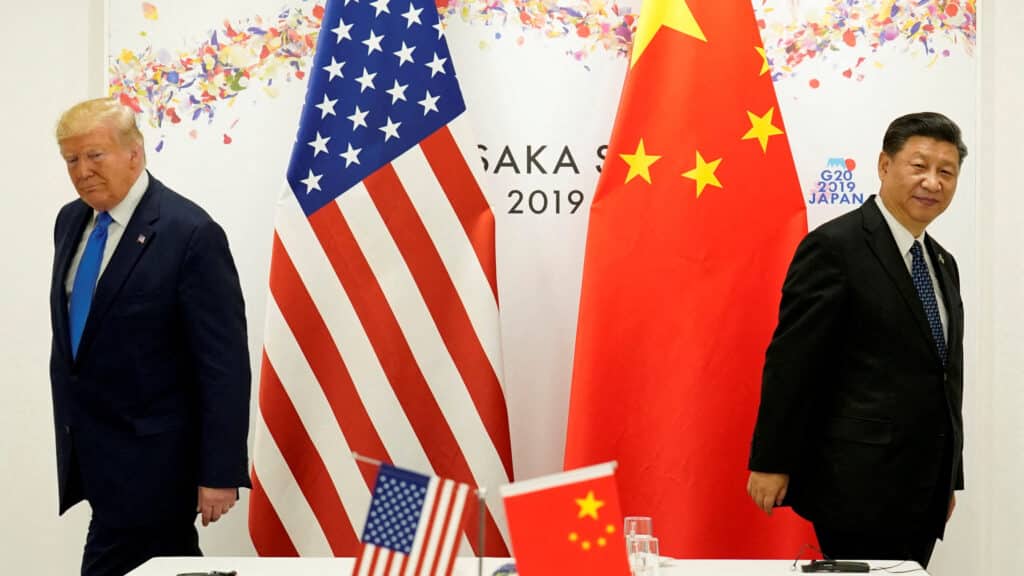
Analysts argue that Beijing’s timing was calculated, positioning it as a direct response to recent U.S. initiatives. Gu noted that China has systematically prepared for a protracted strategic competition, prioritizing technological autonomy in key sectors such as semiconductors, artificial intelligence and renewable energy.
By intentionally reducing its dependence on U.S. technologies and asserting control over vital segments of global supply chains — especially rare-earth minerals and photovoltaic materials — China has increased its strategic leverage vis-à-vis the U.S.
From patience to proactive power
Beijing’s latest recalibration is more than tactical; it is a worldview shift. For 20 years, Chinese leaders prioritized stability, avoided direct confrontation, and used patience and restraint to expand influence.
However, after years of pressure and restrictions, China’s leaders now believe accommodation alone cannot secure its interests. Gu said China views a mixed strategy — combining defensive resilience with offensive initiative — as essential for maintaining credibility and influence amid ongoing great-power competition.


